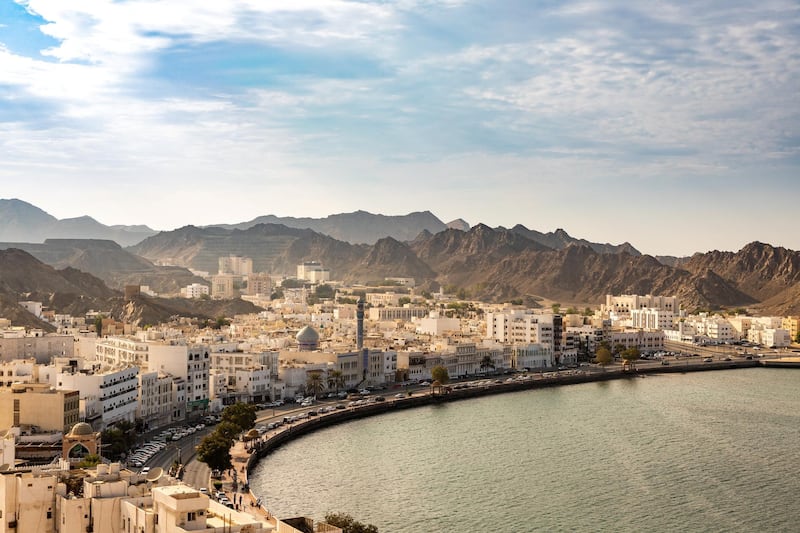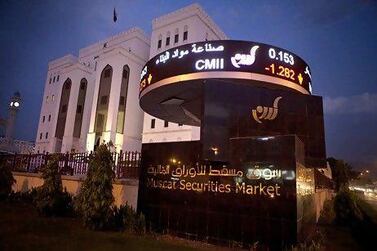Oman Arab Bank is set to proceed with its merger with Alizz Islamic Bank after securing regulatory approval for the deal from the Central Bank of Oman.
Oman Arab Bank, a subsidiary of Oman International Development and Investment Company, Ominvest, agreed a share swap deal with Alizz bank directors in January. The deal will give OAB a stake of about 81 per cent in the merged entity.
“OAB has received regulatory approval on the proposed transaction from the Central Bank of Oman and is in the process of obtaining further regulatory approvals from the Capital Market Authority and other regulatory bodies,” Ominvest said in a statement to the Muscat Securities Market, where its shares trade.
Under the terms of the deal, Alizz bank will become a fully-owned Islamic subsidiary of OAB, while the assets and liabilities of OAB’s own Islamic brand, Al Yusr, will transfer to Alizz. OAB, which is an unlisted subsidiary of Ominvest, will also convert into a public company.
Alizz Islamic Bank grew total assets by 5.3 per cent to 718.8 million Omani rials (Dh6.86 billion) in the year to December 31, 2019, but declared a loss of almost Dh10m rials for the period.
Ominvest declared group revenue of 303m rials in 2019 and said in a management report discussing its accounts that about 33 per cent of this was earned through OAB. The group declared a profit of 32m rials to shareholders for the year.
OAB had assets of 2.5 billion rials as of December 31, 2019.
In a research note following approval of the deal by Alizz Islamic Bank directors in January, Ayisha Zia, a research analyst at Muscat-based U Capital, said: “We believe that OAB has priced [Alizz] close to its fair value / net book value”.
The combined entities will have a total asset base of 3.18bn Omani rials and an Islamic asset base of 866m rials, U Capital said.
The merger is the latest in a series of recent deals involving Islamic lenders in the Gulf, with Dubai Islamic Bank completing its acquisition of smaller rival Noor Bank earlier this year, creating an entity with assets of more than Dh275bn.
Kuwait Finance House is also in the midst of an acquisition of Bahrain’s Ahli United Bank in a deal that would create the region’s biggest Islamic lender, with combined assets of $96.7bn (Dh355bn), but the transaction was postponed earlier this month due to difficulties in finalising due diligence during the current Covid-19 outbreak. The Central Bank of Bahrain gave its approval earlier this month for a postponement until December.
Ratings agency Moody’s said last month it expects the amount of Islamic banking assets to grow in 2020, driven by mergers between Islamic and conventional banks.
Saudi Arabia is the world’s biggest Islamic finance market, with assets of $309bn, as of September 30, 2019.








